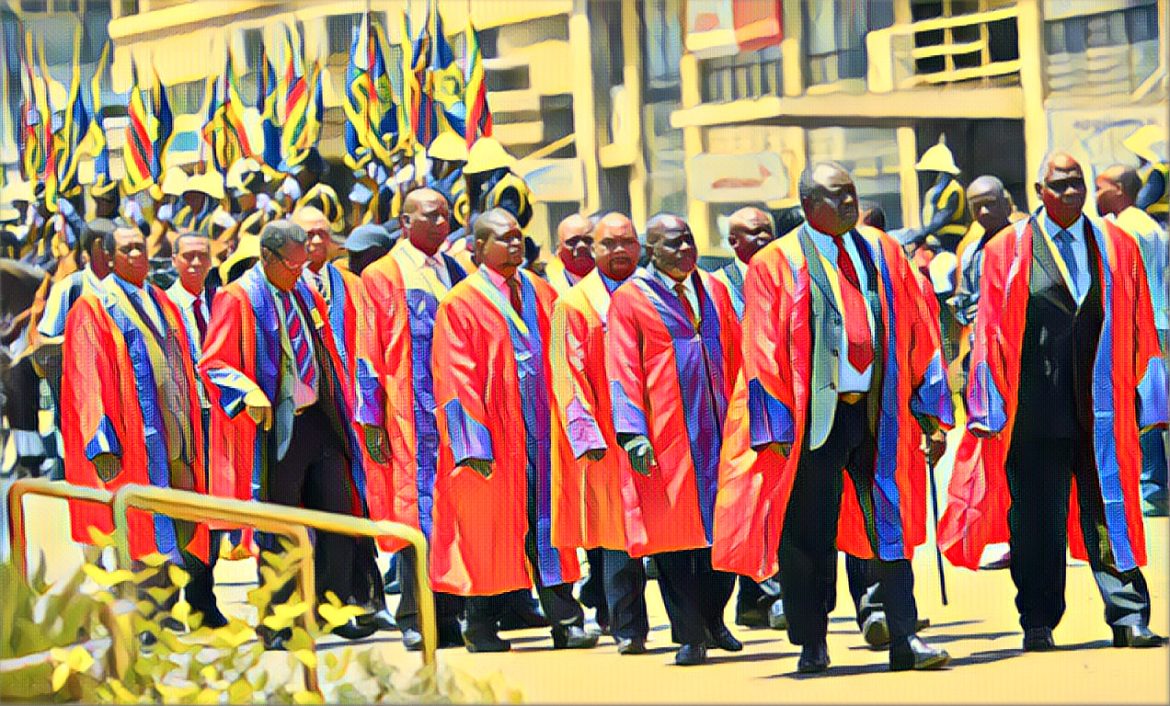Heal Zimbabwe Trust, a prominent human rights watchdog, has recently revealed that traditional leaders are behind nearly half of the human rights violations in Zimbabwe’s rural areas. Civil society organizations (CSOs) have been actively monitoring these abuses, increasingly worried about the leaders’ diversion from their roles in community development to engaging in partisan politics.
Tapiwanashe Chiriga, an advocacy officer at Heal Zimbabwe Trust, informed NewsDay that 40% of the country’s human rights violations this year involved traditional leaders. “As we approached the 2023 elections, village heads, doubling as Zanu PF cell chairs, instigated various human rights abuses, including intimidation and the partisan withholding of government aid,” he explained.
Furthermore, Chiriga criticized these leaders for coercing citizens into voting and attending Zanu PF meetings and activities. He attributes their conduct to either a lack of understanding of the law or fear of losing their positions, advocating for changes in the Traditional Leaders Act to impose stricter penalties for such violations.
According to a report by Newsday, Wilbert Mandinde, the acting director of the Zimbabwe Human Rights NGO Forum, also expressed concern over the growing political bias among traditional leaders. “It’s inappropriate for them to align with political parties, considering their subjects have diverse political affiliations,” Mandinde remarked.
The Zimbabwe Human Rights Commission (ZHRC) has documented cases of post-election intimidation by traditional leaders, who targeted voters supporting the opposition. Last year, a policy brief by the Zimbabwe Human Rights Association (ZimRights) described these leaders as active facilitators of the ruling party’s agenda, engaging in vote-buying and electoral manipulation.
Leo Chamahwinya, the national projects manager for ZimRights, highlighted the critical need to safeguard citizens’ rights and reinstate the non-partisan stance of traditional leaders. “Merging national and political party interests has eroded the integrity of traditional leadership,” he stated.
Attempts to reach Mtshane Khumalo, the president of the Chiefs Council of Zimbabwe, for a statement were unsuccessful. However, Khumalo had previously informed NewsDay that the council had not been notified of any intimidation incidents by traditional leaders during the recent elections.


